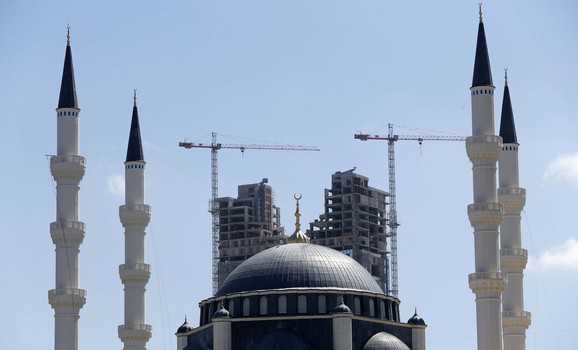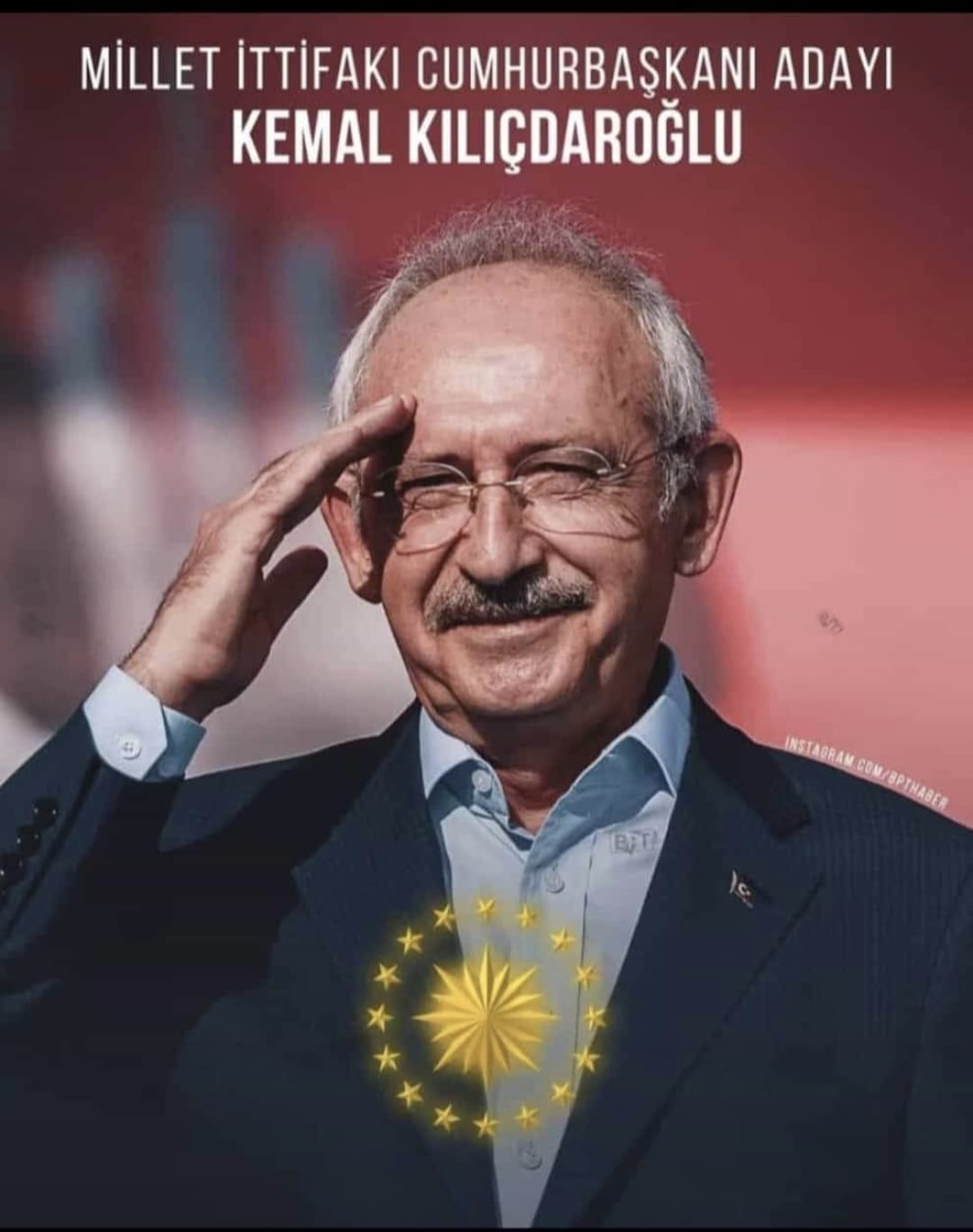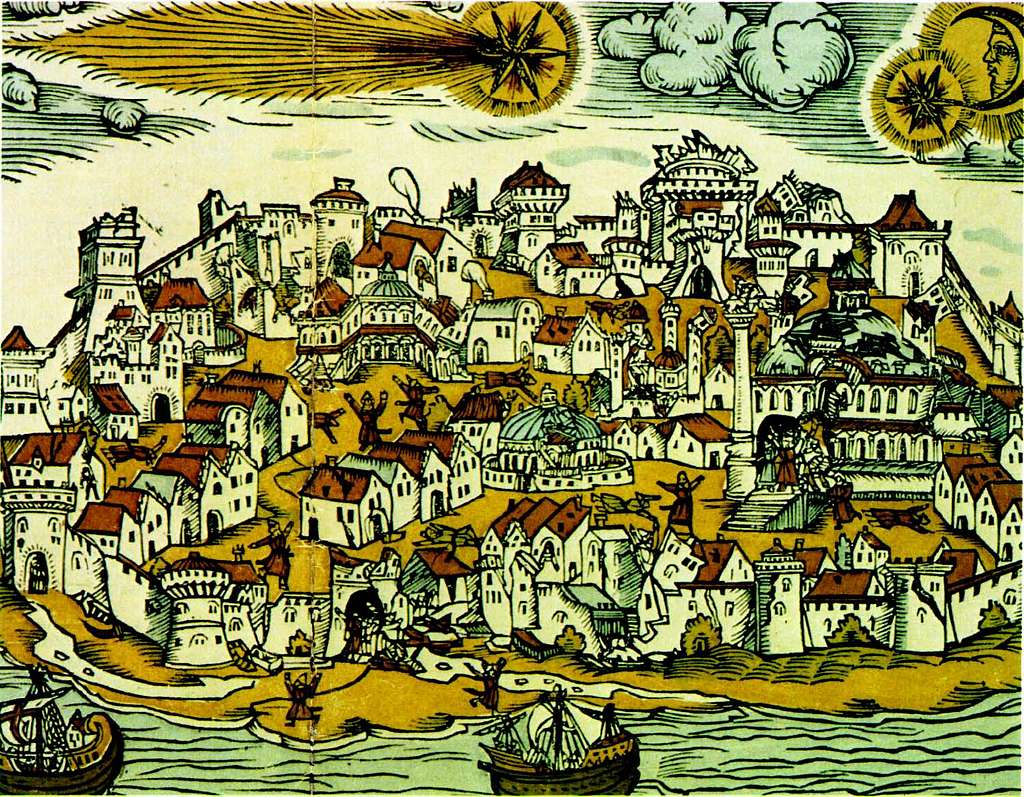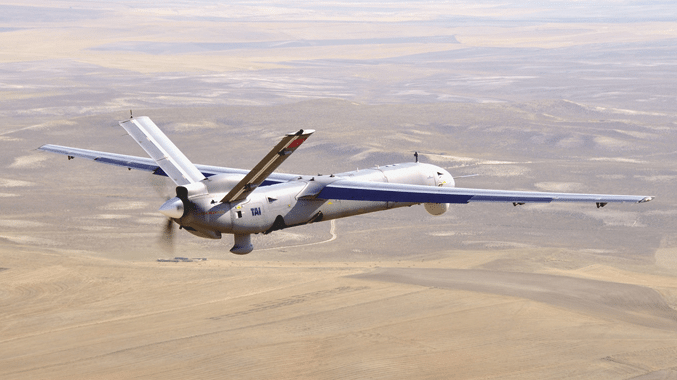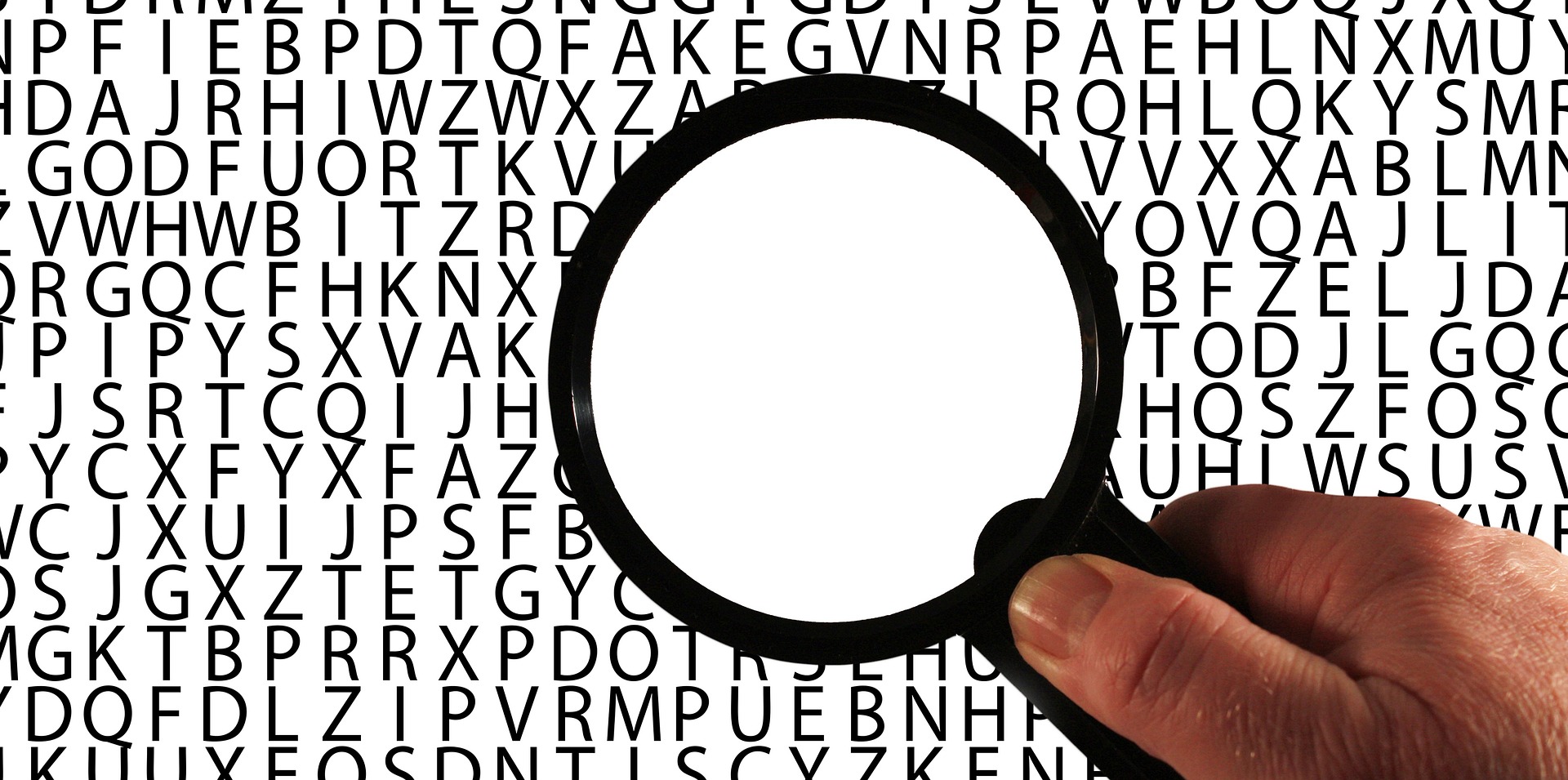It’s definitely an interesting experience.
The Armenian community of today’s Turkey is tight-knit, and the vast majority of us live in a few upper-middle-class neighborhoods in Istanbul. Being in Istanbul certainly helps our community. People here are used to being surrounded by people of wide variety of backgrounds, so we face less bigotry here than if we lived in a city like Konya or Kayseri where there are almost no Armenians and non-Muslims. We tend to have above-average incomes and live comfortable lifestyles.
Most Turkish-Armenian express their identity through their religion. The Church really is what keeps our community together and our identity alive. I’d say most Armenians are more religious than the average Turk of the same upper-middle-class background that we are. Most Turkish-Armenians can no longer speak Armenian and are pretty much fully switched over to Turkish. Roughly 18% of the community speaks the language, and those are mostly older people. I’m one of the around 8% of Armenian youth in Turkey who can still speak the language fluently. My parents made my siblings and I learn it, and I’m grateful for it. Armenian has been spoken in Turkey for millennia, and I’m doing my part to keep it alive.
There is a lot of vitriolic rhetoric against Armenians in Turkey. My church has repeatedly found racist, anti-Armenian graffiti on the church walls. It’s disgusting, and no one ever talks about it. Sometimes I’ll have acquaintances say something very xenophobic about Armenians but they’ll say when they realize that I’m Armenian, “But Ani, you’re not like those other Armenians…” Historically, many Armenians were forced to adopt Turkish surnames including my family, but after that law was repealed, my family reverted back to our traditional family name of Manukyan. My parents are extremely proud of being Armenian, and they wanted their children’s names to go before them, indicating that they are Armenian, so when they had me, they named me Ani, a very common Armenian name that comes from the name of the historic capital of the Armenian Empire. My parents actually took me to Ani over the summer, and I just remember sobbing as I was walking through the ruins of this once grand city. It seemed like the physical embodiment of what happened to the Armenian community of Anatolia, just in ruins, with barely anything left. That’s a potent, emotional symbol for us.
It’s not all gloom and doom though! There has been more curiosity about Armenian culture and religion from Turks over recent years, and the Armenian community is more than happy to tell them about us. I’ll often get good questions about my faith, language, culture, and traditions, and I just love talking about it. My culture is something I’m proud of. There has also been a greater level of acceptance of us among the Turkish, secular upper-middle-classes. There is no longer as much social isolation for Turkish-Armenians. The Turkish upper-middle-class used to exclude us, and now, we are becoming an accepted part of it, at least in Istanbul. Another good thing about living here is we have a lot more economic opportunity in Turkey than we ever would in Armenia. In Armenia, we would have lower incomes and less available, quality employment.
It’s really a mixed bag, but I’m optimistic that things will get better for us. The young Armenian people of Turkey are determined to stay here, continue the presence of the Armenian community in Turkey, and do our best with our circumstances.
Ani Manukyan

